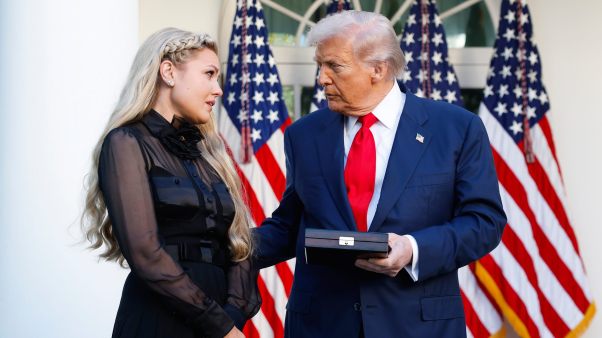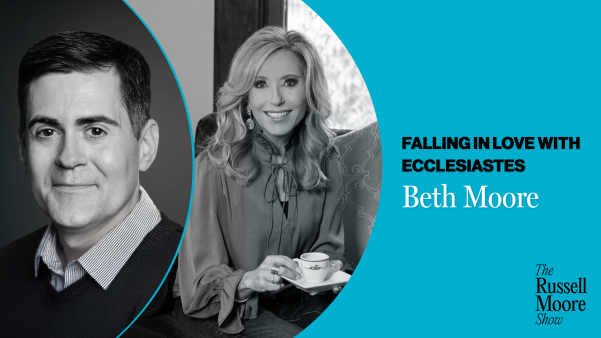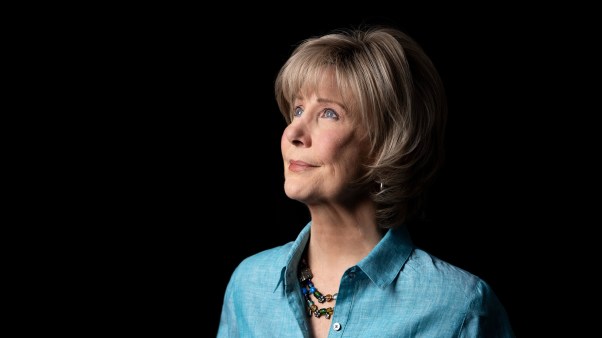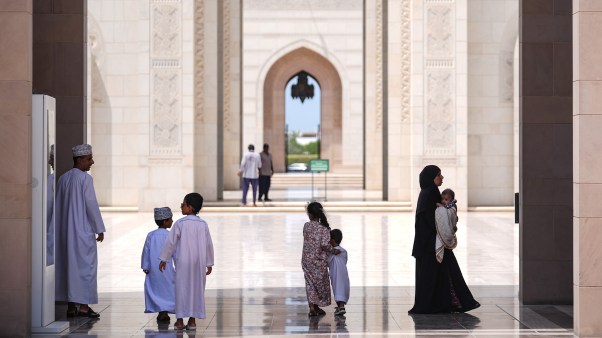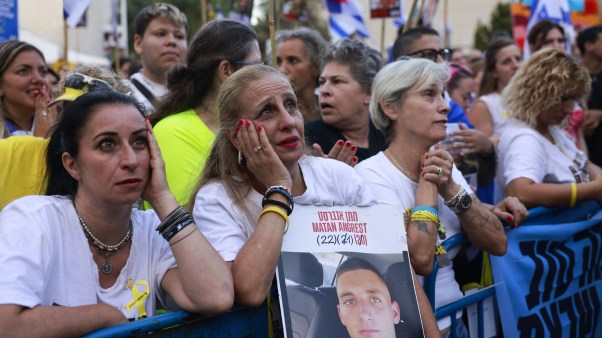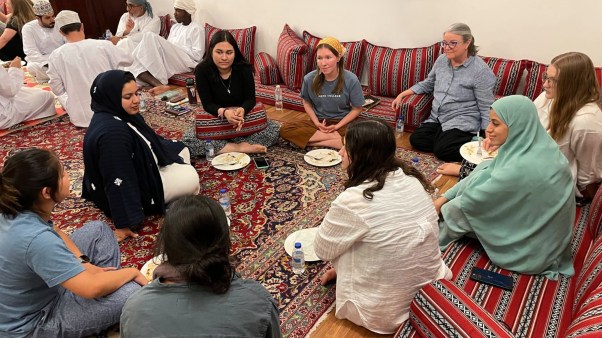Doug Holladay tries to bring moderate evangelicals and mainline Protestants in from the cold.
The most interesting personnel shifts at the White House are not always the ones that occur every four years. Washington watches staff appointees come and go with a vigilance normally reserved for storms brewing off the coast. And predicting changes in the administration as a result of turnover is a favorite Potomac pastime.
A recent ripple in the White House public liaison office may have special significance for mainline and evangelical Protestants. Doug Holladay, formerly with the Department of Education, has taken charge of building rapport between the White House and Christians who differ with the President or do not align themselves with politically conservative groups. As an associate director of public liaison, he also attends to groups representing education and the environment.
Holladay, 37, is an Episcopalian and an evangelical. He studied under Francis Schaeffer at L’Abri. In the seventies he directed Young Life in Richmond, Virginia. And he has helped build a thriving network of nonpartisan fellowship groups and Bible studies in government.
Holladay is welcomed by both the pragmatists and the ideologues on the White House staff. He was recommended for the liaison post by Senate moderate Mark Hatfield (R-Oreg.) and conservative William Armstrong (R-Colo.). He says he is particularly interested in “a group [of evangelicals] in the center that gets left out. They’re not politically active like the New Right and basically have a different cultural orientation.” Liberal religious leaders and evangelicals in mainline denominations are targets as well.
“Many of these folks want to stay out of politics. They need to be educated,” he says. “Evangelicals need to realize we’re not in a neutral environment. To be apolitical is to endorse business as usual.”
Protestants active in liberal politics require a different approach. Holladay set out to get acquainted with them by calling the National Council of Churches (NCC) and saying, “I’d like to discuss our nonrelationship.”
That may prove to be a formidable task because of the antagonism that has festered since Reagan took office. NCC spokesmen say they have encountered a “stone wall” from the administration. They are at odds with the President over oral prayer in public schools, Central American policy, and federal social spending.
It particularly rankles them that Reagan has identified closely with conservative Christian leaders. James Dunn, executive director of the Baptist Joint Committee on Public Affairs, says he senses “a great well of resentment about how [the White House] has invited only a handful of TV evangelists” on a regular basis.
Usually it is Reagan’s public liaison officers—not the President himself—who meet with constituent groups or invite representatives of special interests to the White House. Until last January, the staff member Christian leaders heard from most frequently was Morton Blackwell. He resigned earlier this year to recruit and train conservatives for political work. At the public liaison office, he handled conservative political groups as well as Christians. Because of Reagan’s popularity among conservative religious groups, this was seen as a logical pairing. But it left mainline Protestants and moderates out in the cold.
Holladay is not a direct replacement for Blackwell, whose duties have been divided among several staffers. White House strategists were careful to avoid linking Christians and conservative political groups in his job description, recognizing the need to reach out to a broader base of churchgoers.
Three other White House appointees look after Jews, Catholics, and conservative evangelicals and fundamentalists. Marshall Breger, an orthodox Jew, is the White House liaison to Jews and groups supporting Israel. Bob Reilly, a former U.S. Information Agency official, meets with Catholic and prolife voters. He also heads the administration’s Central American outreach effort, an attempt to combat what they perceive to be media myths about the U.S. role there. Carolyn Sundseth stays in touch with conservative women and some Christian groups. Along with her boss, Faith Ryan Whittlesey, she shares a disdain for feminist thought.
Reagan’s public liaison staff represents a major change from the Carter days. During the last two years of the former President’s term, Robert L. Maddox served as all-purpose religious liaison. Maddox says his tenure began when Carter’s aides realized “there was a roaring forest fire” among conservatives objecting to some of Carter’s positions as well as the absence of recognizable Christians on his senior staff. Maddox says Reagan has “a corresponding fire on the left.”
But such observations don’t frighten Holladay. “The criticism [of the Reagan administration] has been a lack of access,” he says. “I’ll open that up.”



